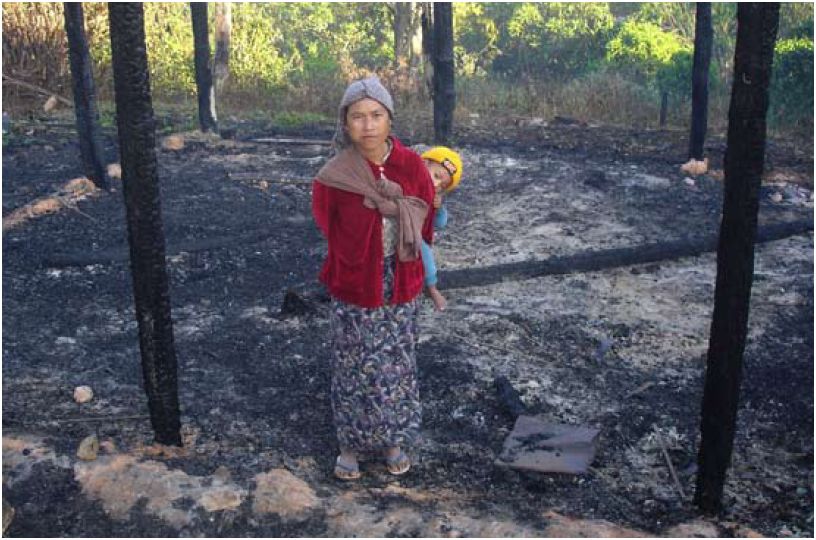As readers may be aware, I have recently been the subject of criticism in The Nation newspaper (in an article reproduced in The Irrawaddy). I have no desire to respond further to this attack on my report, Burma’s Longest War: anatomy of the Karen conflict.
I am writing to speak out against attacks on academic freedom. The assault on my own reputation was followed the next day by an article in Asia Times Online, personally criticising the eminent Burma/Myanmar scholar David Steinberg. These two articles represent an ugly (although not entirely new) development in what seems to be a campaign to suppress alternative views regarding Burma. Exiled political activists and their supporters are denigrating independent researchers who dare to challenge orthodox views and long-held assumptions regarding the political situation in Burma.
Given the dynamic and fast-changing situation in the country, it is important that a wide range of views are expressed and discussed. Of course, a vibrant debate between different viewpoints is necessary, and indeed healthy. However, I would like to make a plea that commentators focus on substantial issues, rather than descending into personal insults.
[http://www.ashleysouth.co.uk/. Image from Burma’s Longest War]
 Facebook
Facebook  Twitter
Twitter  Soundcloud
Soundcloud  Youtube
Youtube  Rss
Rss 